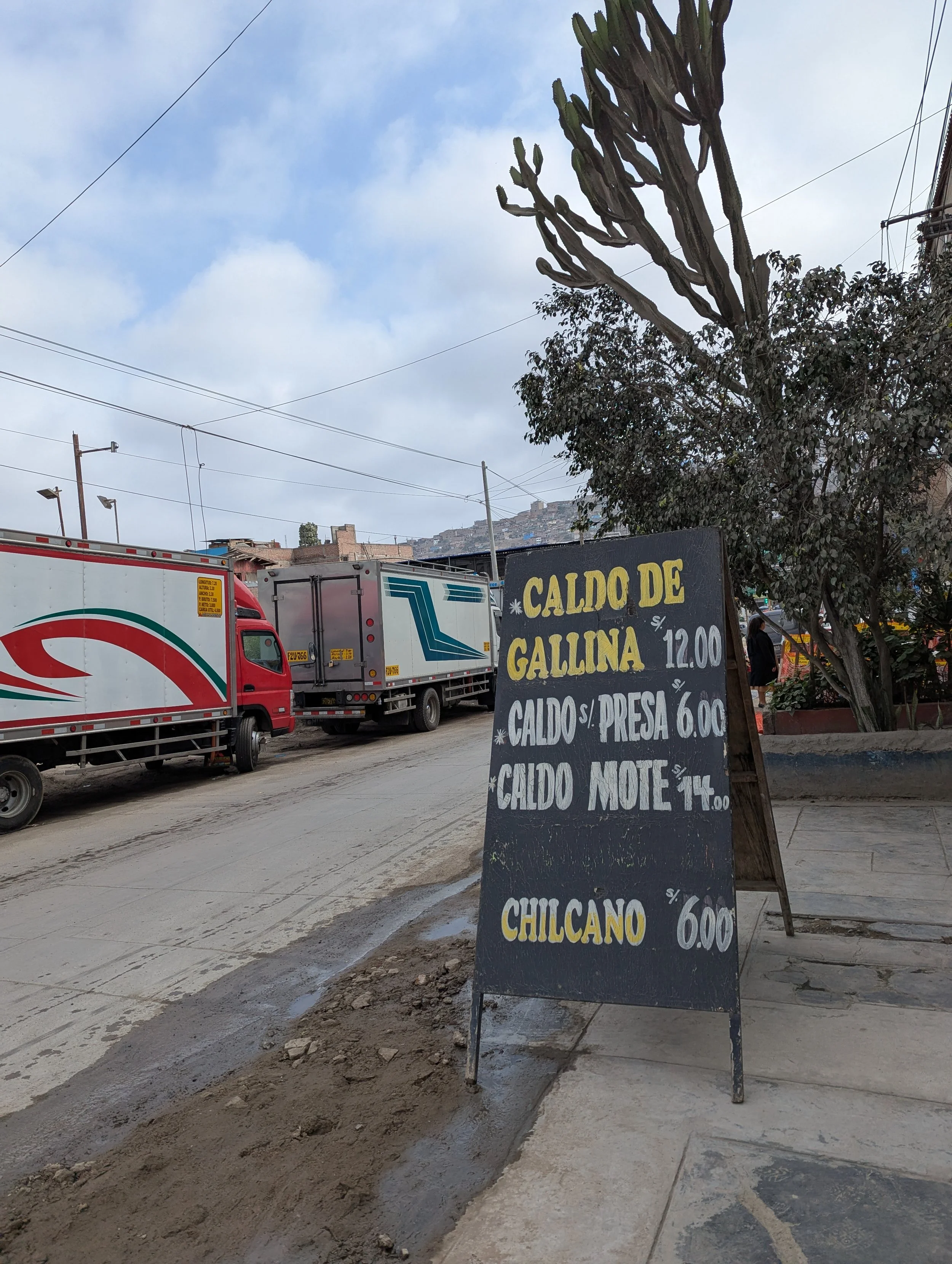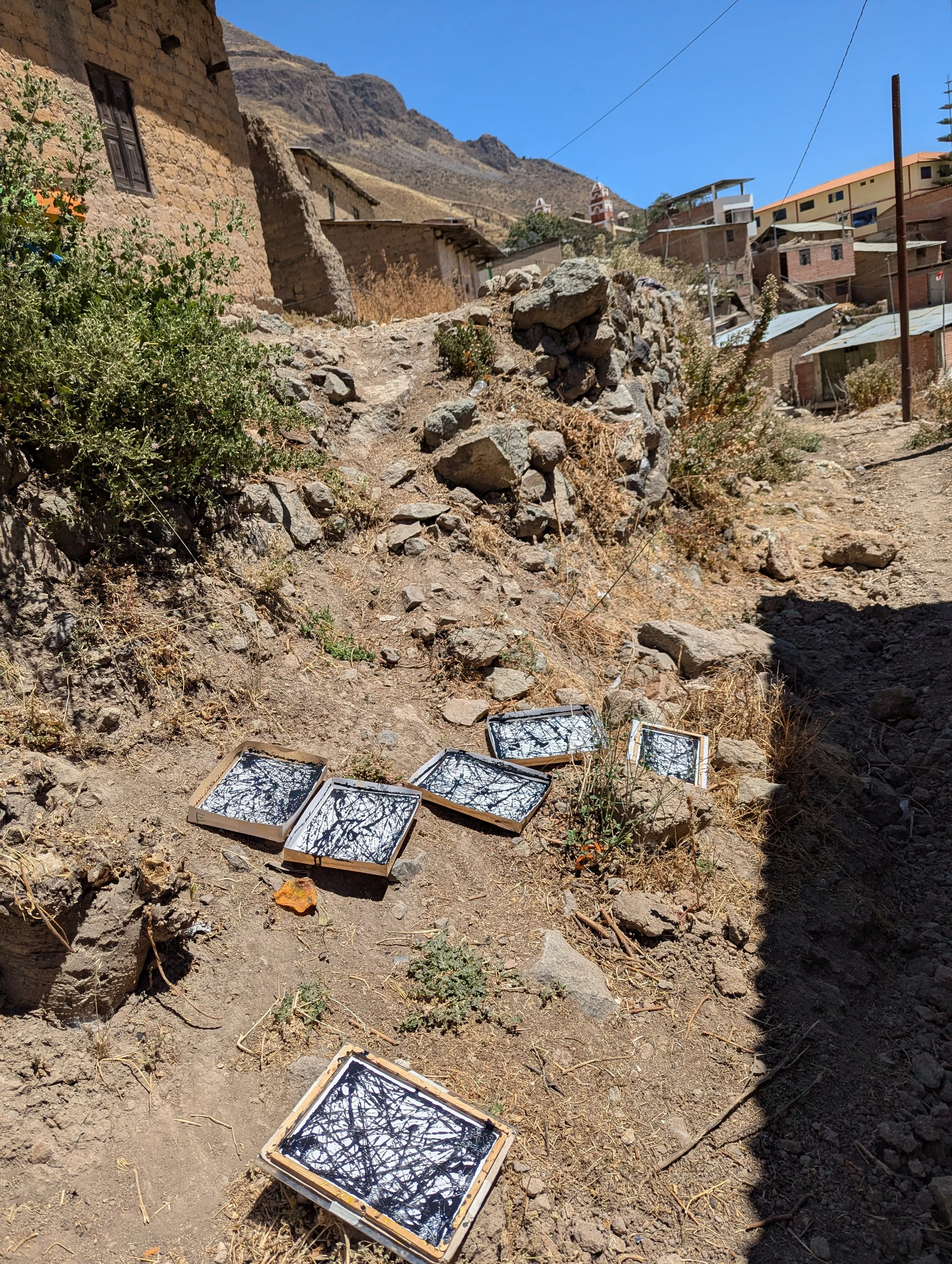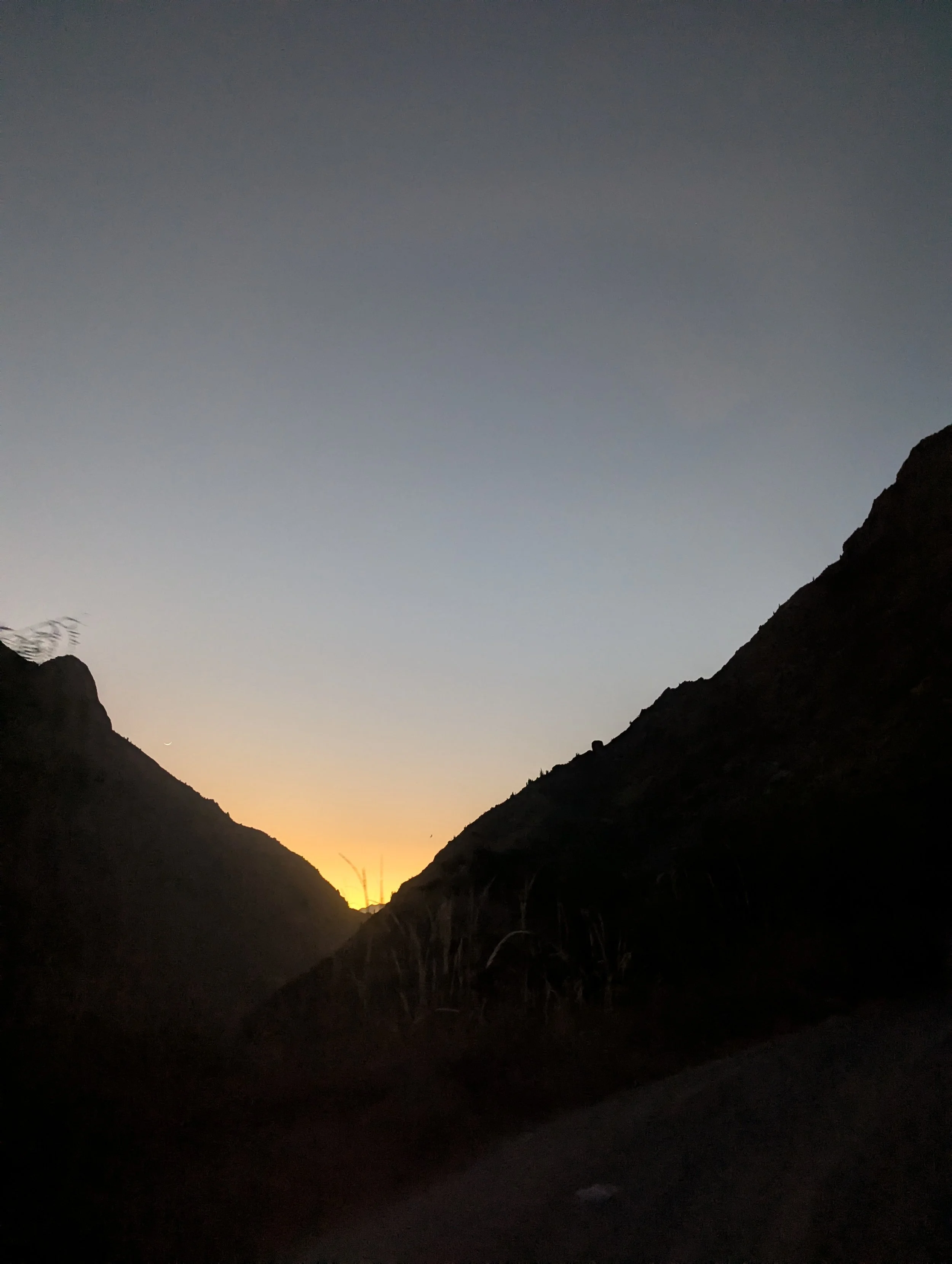Memories sit across the table of our lives, asking for attention in voices so hushed they're nearly unhearable. But quiet voices deserve to be heard as much as loud ones—maybe more so. I was recently reminded that the loudest, angriest voices don't immediately claim moral superiority or even accuracy.
Memories speak to me underneath the buzzing static of daily life. Their quiet signal cuts through: "Your memory cellar is full. Time to chat with a few."
Take a few sips.
So, I pull out a chair and invite one in.
We sit, gazing at each other across whatever small distance time has created, and I ask:
"What do you need to say? What am I forgetting that I don't want to lose?"
The memory asks me to remember—not just the broad strokes, but the textures. What I ate, where I stood, who else occupied that space. This small thing, and also that one.
Then I reach for a photo.
It's more than an image—it's a true, full landscape, bookmarked in time by some small miracle. The barbecue with my brother in Kansas City holds both childhood and adulthood in the same frame: longer bodies now in the lawn chairs, less movement in the yard, but the same gravitational pull between us as adults who play.
Memories aren't just visual, either. They come through recipes you ate at that specific place, places that still hold the outline of you, sounds that stop you mid-step, smells that transport you before you can name them. Objects that carry more weight than their mass or shape or color.
But the biggest memory multiplier of all? Relationships. Especially the old ones—the ones that have weathered enough seasons to go back to day one.
Memories of Calde de Mote



